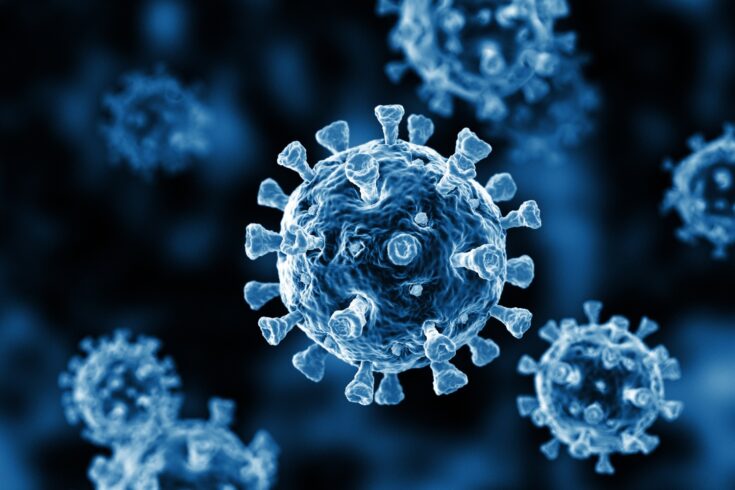A Coronavirus Toolkit is giving researchers around the world open access to a wide range of material to further COVID-19 research.
When new viruses emerge, very little is known about them. Only a few labs in the UK currently have the capability to generate mutant viruses and harness these viral mutations for research.
The toolkit and its reverse genetics system makes materials accessible to other biology labs that want to make an impact to further research into SARS-CoV-2, the virus that causes COVID-19.
The toolkit includes:
- plasmids, which are circular bits of DNA
- proteins
- antibodies to all 28 proteins produced by the SARS-CoV-2 virus.
The researchers have also generated equivalent reagents to 10 other proteins from related coronaviruses.
Invaluable resource for coronavirus research
These tools are vital for COVID-19 research. Identifying promising vaccine or drug candidates requires extensive characterisation of the SARS-CoV-2 virus, which in turn relies on validated laboratory resources.
Researchers anywhere in the world can use the toolkit to easily order any of these materials via a user-friendly webpage and established biorepositories.
The toolkit was designed and validated by scientists at the University of Dundee’s Medical Research Council (MRC) Protein Phosphorylation and Ubiquitylation Unit (MRC-PPU). The toolkit is in partnership with MRC-University of Glasgow Centre for Virus Research (CVR).
The team recently published details about the toolkit in PLOS Biology.
Shedding light on variants and vaccine efficacy
The toolkit is important for many avenues of COVID-19 research, including characterising new variants of the SARS-CoV-2 virus. It will help researchers:
- improve our understanding of COVID-19
- monitor vaccine efficacy
- evaluate additional treatment options for COVID-19
- aid preparedness for future coronavirus pandemics.
Dr Sam Wilson, Senior Research Fellow at the CVR, said:
The development of vaccines for COVID-19 is encouraging, but there is still a lot to learn about this virus.
The simple genetic tools we’ve made available to the community will help scientists understand the role of individual changes in new variants of SARS-CoV-2, which often contain multiple individual changes, and our online toolkit and portal will allow scientists to access antibodies and other tools for research, at cost, at the click of a few buttons.
Accelerating global research
The team has distributed around 350 antibody samples, 200mg of coronavirus proteins and 100 plasmid clones to academic and pharmaceutical industry researchers in the UK and across the world. Countries include:
- Australia
- South Korea
- USA
- Japan
- Finland
- Switzerland
- Canada.
The team has also supplied the NHS, the US’s National Institutes of Health and other national medical authorities.
Identifying host factors and disease mechanisms
The toolkit has contributed to several important publications. In December 2020, scientists used the toolkit to identify the mechanisms by which lethal coronaviruses interact with key proteins in our bodies.
The work helped to detect several host factors. These are the characteristics that affect our susceptibility to the virus and that either enhance or inhibit viral infection.
Understanding how host factors affect clinical outcomes can help scientists identify potential drug targets. This approach is broadly applicable to other infectious diseases, not just COVID-19.
Professor Dario Alessi, Director of MRC-PPU at Dundee, said:
Generating similar toolkits of reagents to other viruses and pathogens should be considered.
Last updated: 2 March 2022

